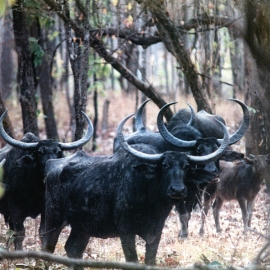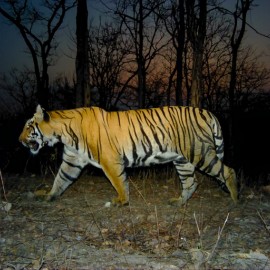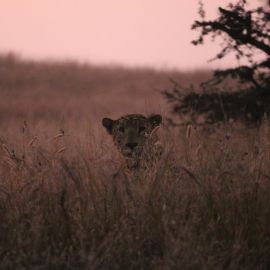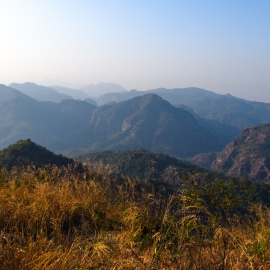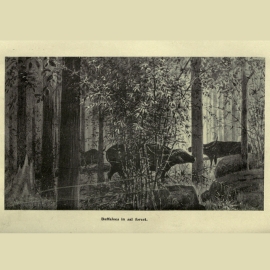The Wild Buffaloes Of Central India
What animals come to your mind when you think of charismatic mammals of the Central Indian forests? The usual answer would be tiger, leopard, dhole, hard-ground barasingha, and gaur. With the recent return of elephants to Central India, some would … Read More

